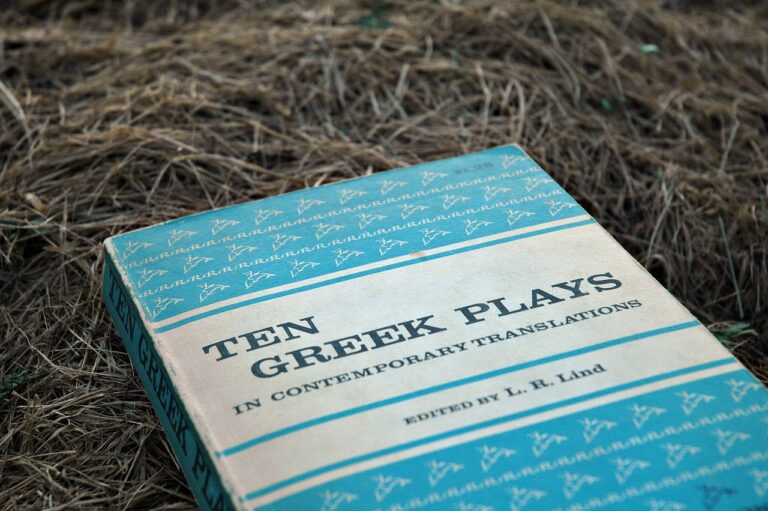Incorporating Authentic Tasks into Performance Assessments: Cricbet99 register, Sky1exchanges id, 11xplay reddy anna
cricbet99 register, Sky1exchanges ID, 11xplay reddy anna: Incorporating Authentic Tasks into Performance Assessments
When it comes to evaluating students’ knowledge and skills, traditional tests and quizzes have long been the norm in educational settings. However, research has shown that incorporating authentic tasks into performance assessments can provide a more accurate and comprehensive measure of students’ abilities.
Authentic tasks are real-world assignments that require students to apply their knowledge and skills in a meaningful way. These tasks are designed to mirror the types of challenges that students will encounter in their future careers or everyday lives. By incorporating authentic tasks into performance assessments, educators can assess students’ ability to think critically, problem solve, and communicate effectively.
Here are some key benefits of incorporating authentic tasks into performance assessments:
1. Real-world relevance: Authentic tasks give students the opportunity to apply their learning in real-world scenarios, making the assessment process more meaningful and engaging.
2. Higher-order thinking skills: Authentic tasks require students to think critically, analyze information, and make decisions. This helps educators assess students’ higher-order thinking skills more effectively than traditional assessments.
3. Transferability of skills: By engaging in authentic tasks, students develop skills that can be transferred to other contexts, preparing them for success in future endeavors.
4. Increased motivation: Authentic tasks are often more engaging and motivating for students than traditional assessments, leading to higher levels of student engagement and achievement.
5. Authentic assessment of skills: Authentic tasks provide a more accurate measure of students’ abilities by evaluating their performance in real-world contexts.
6. Preparation for the future: By engaging in authentic tasks, students develop the skills and competencies needed for success in the workplace and beyond.
Incorporating authentic tasks into performance assessments requires careful planning and design. Educators should ensure that tasks are relevant to students’ interests and experiences, align with learning objectives, and provide opportunities for students to demonstrate their knowledge and skills in a meaningful way.
FAQs
1. How can educators design authentic tasks for performance assessments?
Educators can design authentic tasks by identifying real-world scenarios that require students to apply their knowledge and skills in a meaningful way. Tasks should be relevant to students’ interests and experiences and align with learning objectives.
2. How can educators ensure that authentic tasks are fair and unbiased?
Educators can ensure that authentic tasks are fair and unbiased by providing clear instructions, rubrics, and criteria for assessment. It is essential to communicate expectations clearly and provide feedback to students throughout the task.
3. What are some examples of authentic tasks for performance assessments?
Examples of authentic tasks include solving a real-world problem, conducting a research project, creating a product or presentation, or participating in a simulation or role-play activity.
Incorporating authentic tasks into performance assessments can enhance the assessment process and provide a more accurate measure of students’ knowledge and skills. By designing tasks that are relevant, engaging, and challenging, educators can help students develop the skills they need for success in the future.







